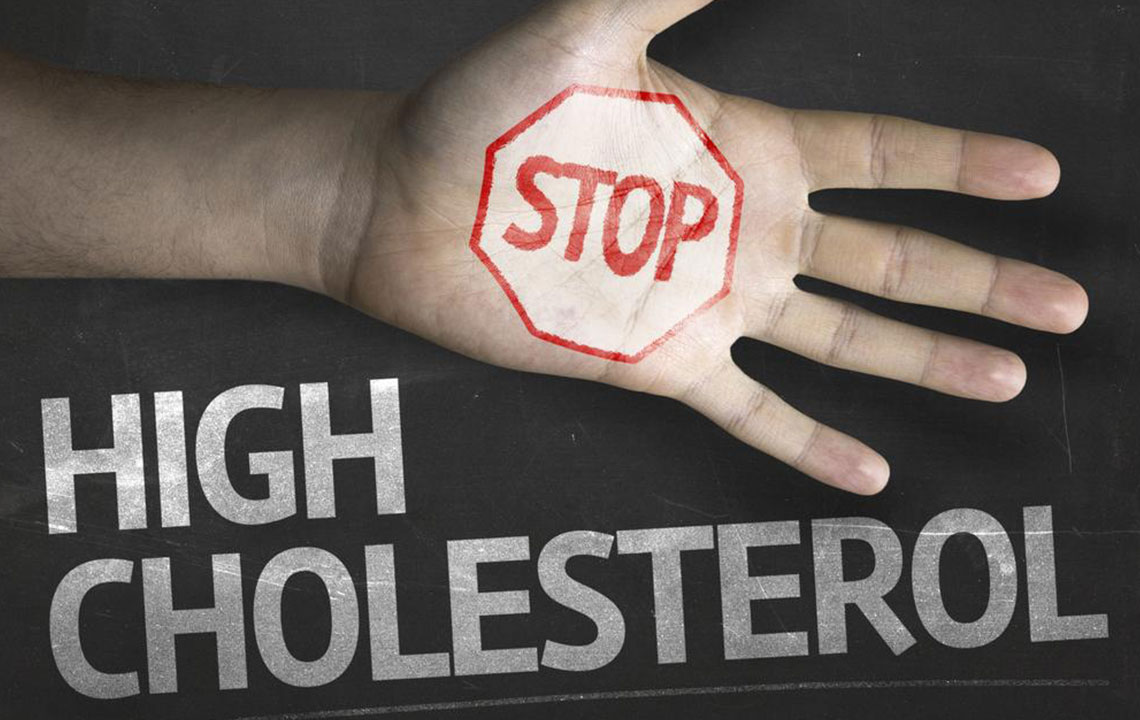Comprehensive Dietary Approaches to Lower LDL Cholesterol for Better Heart Health
This article provides an in-depth guide on dietary strategies to effectively lower LDL cholesterol levels. It covers specific foods, lifestyle changes, and professional advice necessary for improving heart health. By incorporating high-fiber foods, healthy fats, and regular exercise, individuals can reduce their risk of cardiovascular diseases. The comprehensive approach emphasizes sustainable habits and professional guidance to achieve and maintain optimal cholesterol levels, fostering long-term heart health and wellness.

Comprehensive Dietary Approaches to Lower LDL Cholesterol for Better Heart Health
Keeping cholesterol levels in check is crucial for sustaining cardiovascular health and preventing heart-related illnesses. Among various types of cholesterol, low-density lipoprotein (LDL), commonly known as "bad" cholesterol, plays a significant role in the development of arterial plaque buildup. Elevated LDL levels can lead to clogged arteries, which significantly increases the risk of heart attacks, strokes, and other severe cardiovascular conditions. Therefore, adopting effective dietary habits tailored to reduce LDL cholesterol is indispensable for anyone aiming to improve their heart health. This article explores a detailed overview of nutritional strategies, specific foods, lifestyle modifications, and professional guidance necessary to effectively lower LDL cholesterol levels.
Understanding LDL Cholesterol and Its Impact
LDL cholesterol is produced naturally by your liver and also absorbed from certain foods. When levels of LDL are too high, they tend to deposit in arterial walls, contributing to atherosclerosis— the hardening and narrowing of arteries. This process diminishes blood flow and can eventually result in life-threatening events like heart attacks and strokes. Understanding the importance of maintaining balanced cholesterol levels is the first step towards implementing dietary changes that support heart health.
Key Dietary Strategies to Lower LDL Cholesterol
Incorporate Soluble Fiber-Rich Foods
Foods high in soluble fiber have a demonstrated ability to bind with cholesterol in the digestive system, helping to remove it from the body. This action is effective in reducing LDL cholesterol levels. Excellent sources of soluble fiber include oats, barley, legumes, fruits, and vegetables. For breakfast, consider starting your day with a bowl of oatmeal topped with fresh berries, or include barley in soups and stews for a hearty, cholesterol-lowering meal.
Include Legumes and Beans in Your Diet
Legumes such as kidney beans, chickpeas, lentils, and black-eyed peas are not only great sources of protein but also rich in soluble fiber. Regular consumption of these foods helps prolong satiety, making them excellent for weight management, which is indirectly beneficial for cholesterol control. Try adding beans to salads, making lentil soups, or enjoying chickpeas as a snack to boost your fiber intake and reduce LDL levels.
Opt for Heart-Healthy Vegetable Oils
Replacing saturated fats like butter, lard, and palm oil with healthier oils can make a significant difference. Use canola, sunflower, safflower, or olive oil for cooking and dressings. These oils are rich in monounsaturated and polyunsaturated fats, which support overall heart health and help maintain favorable cholesterol profiles.
Consume Fruits Rich in Pectin
Fruits such as citrus, apples, grapes, and berries are high in pectins, soluble fibers that are highly effective in lowering LDL cholesterol. Incorporate these fruits into your daily diet by adding them to smoothies, enjoying them as snacks, or including them in desserts. Their natural sweetness and fiber content make them both delicious and beneficial for your heart.
Prioritize Fatty Fish for Omega-3 Fatty Acids
Fish like salmon, mackerel, tuna, and sardines are rich in omega-3 fatty acids— essential nutrients that have been shown to reduce LDL cholesterol levels and support cardiovascular health. Replacing red meats with oily fish at least twice a week is a highly effective strategy for lowering cholesterol and promoting overall heart rhythm stability. Cooking methods such as baking, grilling, or steaming retain the health benefits of these fish without adding unnecessary fats.
Additional Lifestyle Recommendations to Support Cholesterol Management
Maintain Regular Physical Activity
Engaging in at least 150 minutes of moderate aerobic exercise per week, such as brisk walking, cycling, or swimming, can help increase HDL (good) cholesterol while lowering LDL levels. Physical activity also assists in weight management, which plays a crucial role in controlling cholesterol.
Limit Alcohol Consumption
Excessive alcohol intake can impact lipid profiles negatively, so moderation is key. Limiting alcohol helps reduce triglyceride levels and supports overall cardiovascular health.
Avoid Smoking
Smoking damages blood vessels and accelerates the process of atherosclerosis. Quitting smoking not only improves your lung health but also substantially reduces your risk of developing severe heart conditions, even if cholesterol levels remain high.
Regular Monitoring and Professional Consultation
Routine blood tests to monitor your cholesterol levels provide insights into the effectiveness of your dietary and lifestyle interventions. Consulting healthcare professionals ensures personalized advice and, if necessary, medication adjustments to maintain healthy cholesterol numbers.
In conclusion, managing LDL cholesterol through dietary modifications is a proven and effective approach to improving cardiovascular health. Emphasizing foods rich in soluble fiber, healthy fats, and omega-3 fatty acids, combined with regular physical activity and lifestyle changes, can significantly lower LDL levels. Always seek guidance from healthcare providers before making substantial lifestyle or dietary changes, especially if you have existing health conditions or are on medication. Taking these comprehensive steps can lead to a healthier heart, reduced risk of cardiovascular diseases, and overall well-being.





